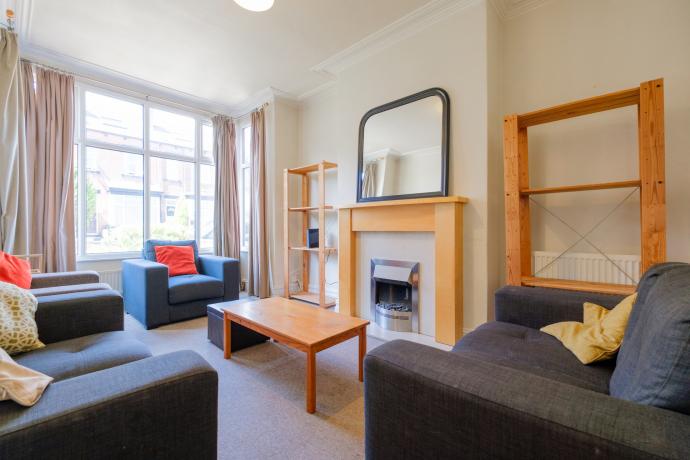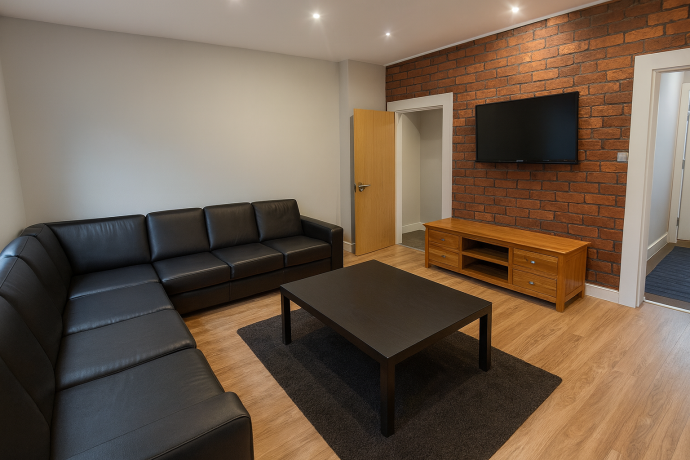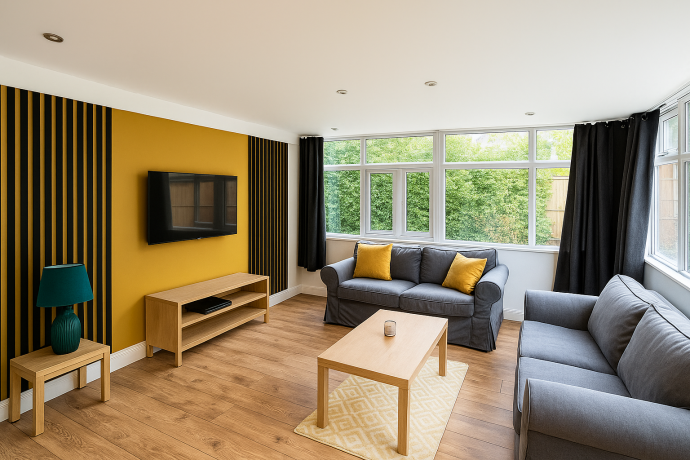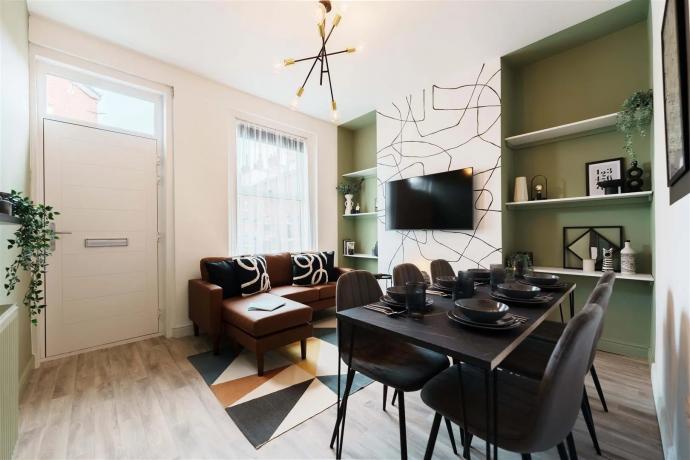
This will most likely depend on the local tenant market because you may not have a choice, but generally speaking students (who rent as groups of friends) should be put on a single joint and severally liable tenancy agreement for the following reasons:
1. If one tenant doesn't pay the rent, the landlord can seek recourse from the other joint tenants which is an effective way of maintaining low rent arrears throughout the tenancy.
2. There will be fewer void periods and lower costs because individuals are not moving in and out throughout the year.
3. Utility management can be outsourced to third parties.
Joint contracts should always be the preferred route for a landlord renting to students, but won't always be possible, especially if listing outside of the university academic cycle.
If you can't rent to groups you will have no alternative but to rent room by room and offer utilities in the rent.
In this situation, your target market will be working professionals who are trying to keep living costs down by sharing with other people.
Here are a few things to consider if you're renting room by room:
1. Be proactive with management of the utilities. This means regular communication with tenants regarding utility usage, as well as regular meter readings.
2. Your tenants won't know each other so you need to play matchmaker during the letting process because if tenants don't get along you're in for trouble! One way of doing this is to put an age cap on applicants so people sharing are at least from the same generation!
3. Carry out block viewings – this is where multiple applicants view the property at once and is a good way for potential housemates to meet each other. Tenants falling out is a common cause of unnecessary vacancy rates/occupancy.
4. Include communal cleaning in the rent. Again, tenants are not friends before they move in (hopefully they will become friends) so if someone isn't pulling their weight re. cleaning it can cause friction. This is a great way to maintain property condition and keeps another pair of eyes in the house.
Follow these tips and you should find your HMO management to run smoothly.
















